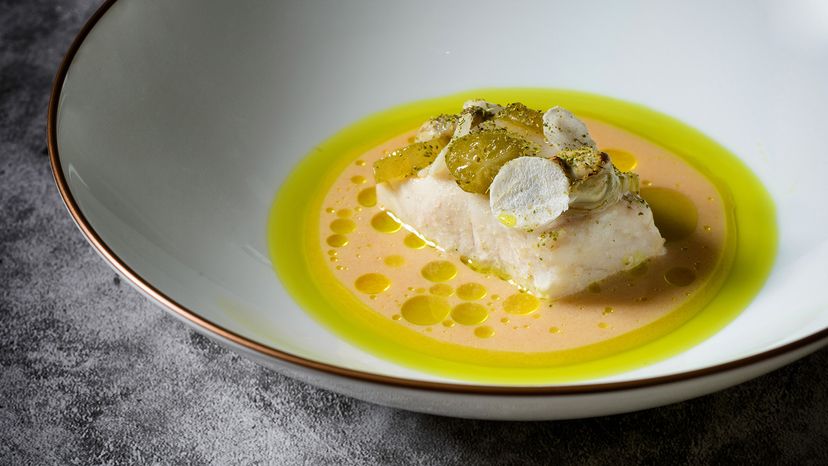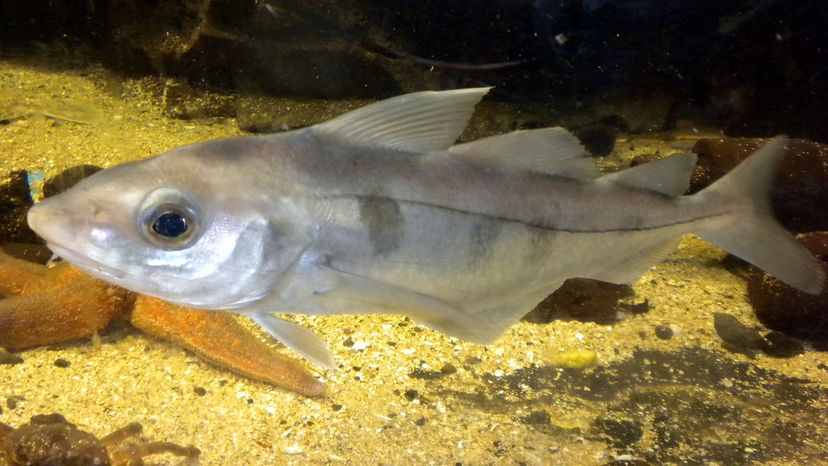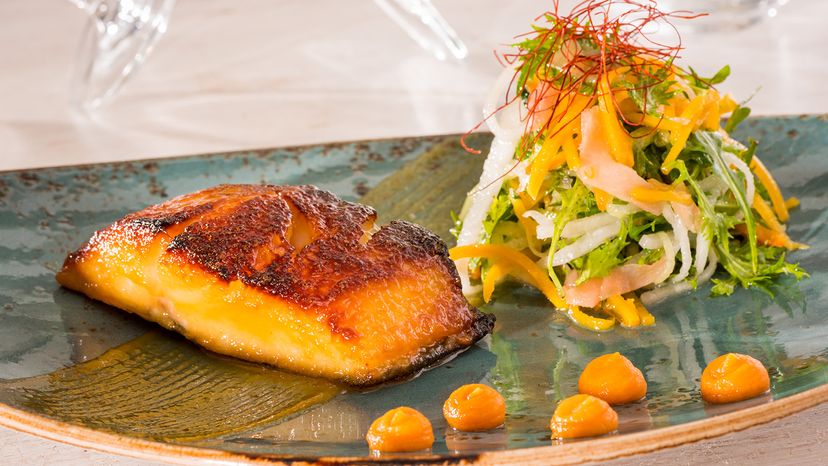
At first glance, cod and haddock might seem interchangeable on a dinner plate. But dig a little deeper into cod vs. haddock qualities and you'll find these two fish species have distinct qualities that influence taste, texture and how they're best cooked.
Advertisement

